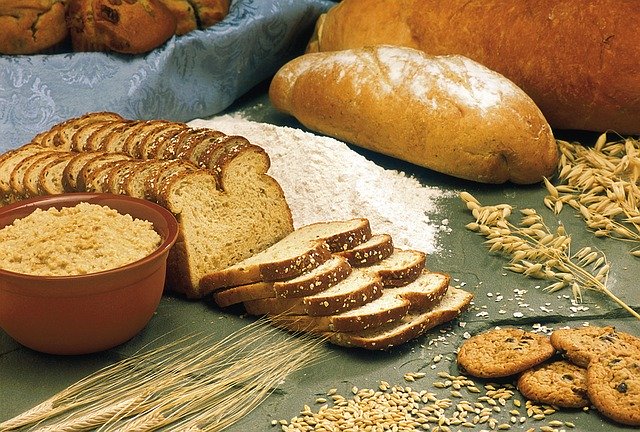Kapanlagi.com - Nausea often comes in the morning while fasting during Ramadan. Undoubtedly, this condition will greatly disturb comfort. That's why, for those of you who often feel nauseous in the morning, it is important to know how to overcome nausea during fasting.
Morning nausea during fasting should not be taken lightly, as it can disturb comfort during fasting. Moreover, not only does it disturb comfort, this condition can also threaten the continuity of fasting. Because, if nausea is not immediately addressed, it can lead to vomiting.
Here are some ways to overcome nausea during Ramadan fasting.
1. Meet the Body Fluid Needs

How to overcome nausea during fasting (credit: pixabay)
Unmet body fluid needs can not only cause dehydration and fatigue. Apparently, a lack of body fluids can also cause morning sickness. This is because one of the causes of morning sickness is stretching in the stomach. Stretching in the stomach can be prevented by meeting the water needs.
To meet fluid needs during fasting, you can apply the 2-4-2 pattern. It means 2 glasses during breaking the fast, 4 glasses in the evening between breaking time and before bed, and 2 glasses during suhoor. By applying this pattern, water needs will be fulfilled and the problem of morning sickness will be overcome.
2. Drink Warm Water during Suhoor
Warm water, whether plain water or tea, has long been used as a remedy for nausea. However, of course, we cannot use this method while fasting. Therefore, drink enough warm water during suhoor.
However, it is better to choose warm plain water to overcome morning sickness. Because plain water tends to be safer and more beneficial for health than tea.
3. Don't Sleep After Sahur
If you have a habit of sleeping after eating sahur, it is better to stop this habit now. Because, this bad habit can be one of the triggers for morning sickness. This is because, sleeping with a full stomach after eating sahur can increase stomach acid which leads to nausea.
So, as much as possible, never sleep after eating sahur, even if you are really sleepy. If you are sleepy, to avoid nausea later, give a time interval of about 2 hours between eating sahur and sleeping. By doing this, you can still sleep and will not experience nausea when you wake up.
4. Avoid Drinking Coffee during Sahur

Avoid drinking coffee during sahur (credit: pixabay)
The next way to deal with nausea during fasting is to avoid coffee. It is common knowledge that this drink with a strong aroma and bitter taste is one of the restrictions for people with gastritis.
Meanwhile, nausea is also one of the signs of a gastritis flare-up. However, gastritis is a disease that can be caused by disrupted eating patterns. So, as much as possible, start reducing coffee intake during fasting.
5. Avoid Spicy Food

How to overcome nausea during fasting (credit: pixabay)
Besides coffee, it turns out that spicy food also needs to be avoided to prevent nausea in the morning during fasting. This is because spicy food can cause irritation to the digestive tract, resulting in irritation. Well, this irritation can then cause nausea. Not only nausea, excessive consumption of spicy food during Ramadan fasting can also lead to diarrhea.
6. Chew Food Slowly
Apparently, chewing food properly while breaking the fast and sahur can be one way to overcome nausea during fasting. At first glance, it seems unrelated between chewing food properly and nausea. However, upon further examination, food that is chewed properly will tend to be smoother, so digestion will be smoother as well.
So during fasting, do not eat too quickly when breaking the fast and sahur. Chew food properly, slowly until it becomes smooth, then swallow.
7. Choosing Complex Carbohydrates

How to overcome nausea during fasting (credit: pixabay)
In addition to avoiding certain types of food and drinks, to prevent nausea during fasting in the morning, it is advisable to consume complex carbohydrates.
This is because complex carbohydrates can be digested slowly by the digestive system. However, despite being slow, digestion still runs smoothly, allowing the body to function properly without causing nausea. In fact, not only does it prevent nausea, but it also provides the body with more energy throughout the day. Examples of complex carbohydrates include oatmeal, whole wheat bread, or brown rice.
Well, those are among the 7 ways to overcome nausea during Ramadan fasting. You can apply these seven methods above to ensure a smooth fasting experience this year without any obstacles caused by nausea.
(kpl/psp)
Disclaimer: This translation from Bahasa Indonesia to English has been generated by Artificial Intelligence.
















